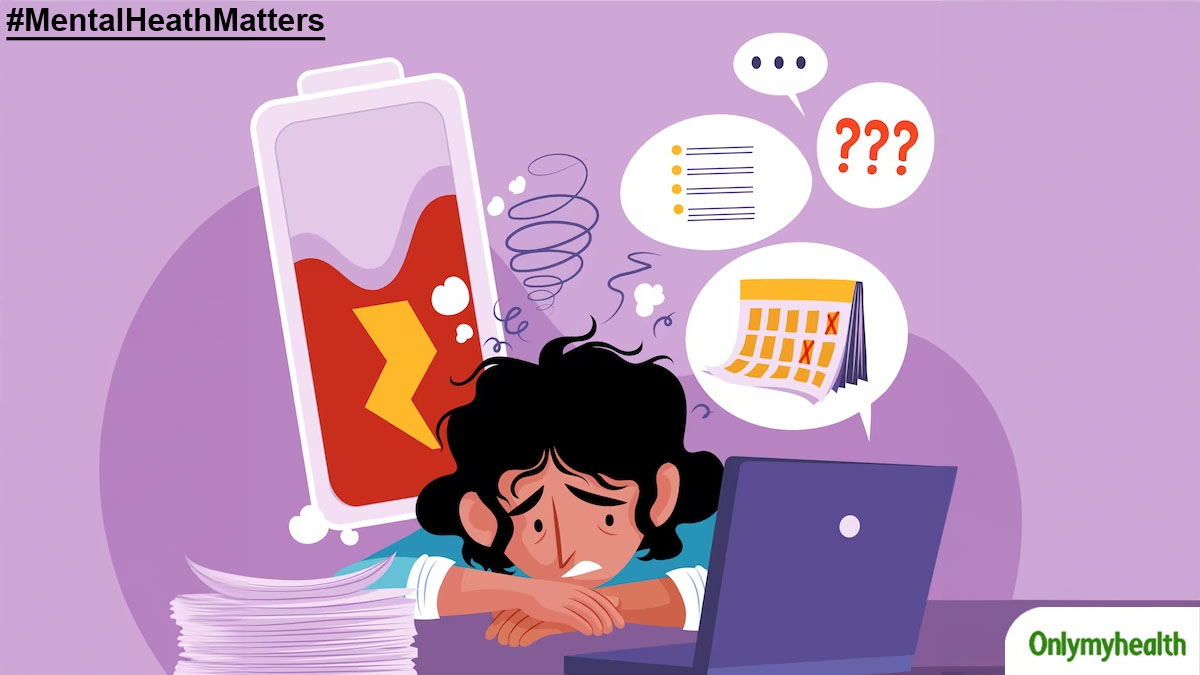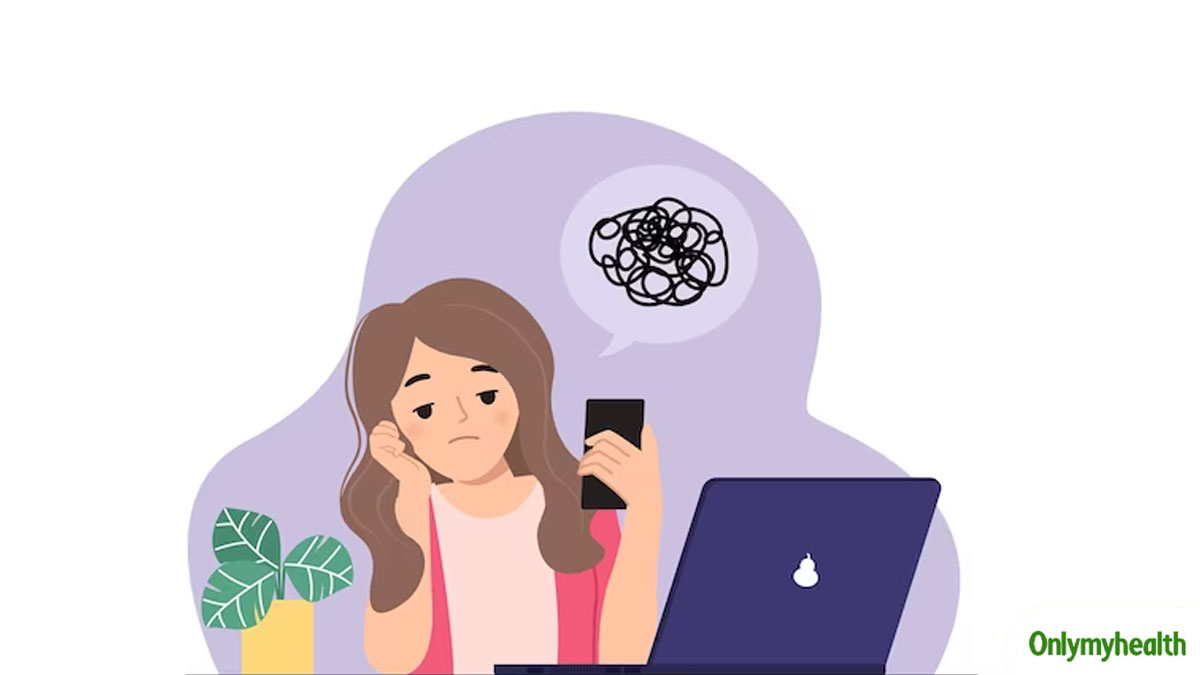
Will you be able to stay a day without your phones? Are you able to do your work without the internet and laptops? The answer to these questions highlights the use of excessive screen time. But have you ever wondered if it is negatively impacting your mental health? This week in our ‘Mental Health Matters’ series, we spoke to our experts about the impact of excessive screen time on mental health and how to manage it effectively.

Sumalatha Vasudeva, Psychologist, BGS Gleneagles Global Hospital, said, “Technology has enabled us to lead an easy and fast life. As per the old proverb 'Atyadhikam Amrutham Visham', even nectar in excess could be poisonous. Unfortunately, the average screen time of the general public is high due to multiple reasons. Some are bound to use electronic gadgets for their work, while some are addicted to it. Screen time can be productive only if we are mindful of the usage.”
Also Read: Mental Health Matters: Does Social Media Normalise Photoshop and Influence Body Dysmorphia?
Impact On Mental Health

Vasudeva said, “Excessive screen time has emerged as a behaviour that may have adverse effects on one’s mental health. Most of the leisure time is spent with smartphones, television, laptops, and gaming tablets. It's not surprising that this behaviour has been linked to obesity, social isolation, low emotional stability, lack of physical activity, sleep problems, and low self-esteem. These issues can even lead to serious conditions like anxiety and depression.”

Vasudeva added, “Most of the above-mentioned effects are due to the sedentary lifestyle which typically means decreased time spent engaging in physical activity and body movement. The triangulation between physical health, mental health, and screen time is important and is interlinked.” According to a study conducted by Yale School of Medicine, it was found that youth who spent the most time on digital technology were more likely to show signs of internalising issues two years later. This includes depression, anxiety, social anxiety, and other conditions.
Dr Gautami Nagabhirava, Senior Neuropsychiatrist, Kamineni Hospitals, Hyderabad, said that excessive screen time can have a detrimental impact on mental health in multiple ways. Here's how it can affect your mental health:
- Being constantly around screens can increase stress and anxiety, making people feel overwhelmed because they are always getting a lot of stimulation.
- Dr Nagabhirava added, “The blue light emitted from screens disrupts melatonin production, causing sleep disturbances that can worsen mood and overall well-being.”
- Continual screen use can reduce in-person interactions, increase loneliness, and increase the risk of mental health problems due to social isolation.
- Dr Nagabhirava said, “The portrayal of unrealistic beauty standards on social media and online platforms can contribute to negative body image and self-esteem problems.”
- Dr Nagabhirava highlighted, “Excessive screen time can foster addiction, with individuals experiencing withdrawal symptoms when attempting to reduce their screen usage, further exacerbating mental health challenges.”

How To Maintain The Balance
Vasudeva said, “If the screen time is used appropriately and replaced with physical activity the balance is maintained. Our choice determines whether screen time can be helpful or harmful. It’s time to pay attention to the blurred lines between technology and life.”

Set Boundaries
Setting boundaries and being observant about our screen time is a must. You can set daily screen time limits and use timers or apps to enforce them.
Prioritise Self Care
Vasudeva said, “Prioritise self-care by engaging in physical and mindfulness activities. Take breaks when you are stressed and overwhelmed at work or home. Maintaining a digitalised work-life balance requires intentional effort.” Prioritise well-being which is often seen as being less important than paid work. Utilise vacation days for much-needed relaxation and to prevent burnout.
Also Read: Mental Health Matters: Why Do I Feel Sad All The Time?
Practise Gadget Fasting
Carry and use gadgets only when required. We all can try gadget fasting similar to fasting we observe with food. Stay away from gadgets for two hours every day and spend time with loved ones.

Engage In Other Activities
Dr Nagabhirava suggested, “Engaging in screen-free activities like reading, spending time with loved ones, or exercising. Also, try designating screen-free zones in your home.”
Seek Support
Dr Nagabhirava advises, “Seeking support from therapists, counsellors, or support groups. This will help in reducing screen time and achieving a healthier work-life balance.”
[Disclaimer: The information in this article is shared by registered healthcare professionals and is for informational purposes only. Hence, we advise you to consult with your expert, if you are dealing with any health issues.]







